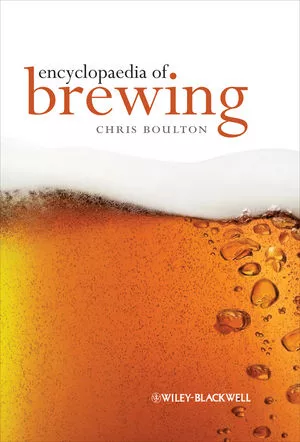Beverage Beat
Research shows consumers concerned about clear, understandable labels
Building trust achievable through clear nutrition labels, Attest survey finds

Infographic courtesy of Attest
In the Netflix reality TV series “Get Organized with The Home Edit,” expert home organizers’ Clea Shearer and Joanna Teplin illustrate how they and their team can help everyday families as well as celebrities eliminate the clutter in their closets, pantries, playrooms, or just about anywhere, to create a clearer more organized space. But living spaces are not the only things that are in need of an organization makeover. Research shows that consumers also are looking for easier to understand food and beverage labels, particularly when it comes to health-and-wellness products.
Consumer research platform Attest recently took a poll of 2,000 nationally representative U.S. consumers, which shows that shoppers have a variety of concerns when shopping for food and beverage products that contain health-boosting ingredients ― most notably price and labeling.
In terms of labeling, confusion remains with consumers when attempting to decipher what is or isn’t healthy. This was illustrated when the survey presented six cereal bar varieties and asked respondents to identify the healthiest choice. Responses were compared with the Nutri-Score system, a nutrition label that converts the nutritional value of products into a ranking system of letters (A to E).
- Only 9% of survey-takers were able to identify the healthiest choice when shown a selection of cereal bars.
- 13% selected the worst of the bunch (a Nutri-Score of E).
A review of the responses appeared to show that health-related messaging impacted respondents’ wrong choices, with phrases such as “whole grains,” “naturally flavored” and “100 calories.”
Attest also found that just under half (46%) of respondents worry that wellness products aren’t actually healthy when shopping for them.
The research found that addressing packaging concerns could help brands path to purchase with 51% of respondents stating that putting clear nutrition labeling on-package is the No. 1 thing that brands can do to increase trust in their products.
“As lawmakers debate how food and beverage brands can make labeling simpler and clearer for consumers, this research highlights how difficult it is for American shoppers to identify real, healthy products,” said Jeremy King, CEO and Founder of Attest, in a statement. “Packaging messages seem to be the root of this issue and appear to confuse the public with buzzwords being used to imply health benefits. But these benefits are often negated by a product being high in sugar, salt or saturated fat.
“However, the Attest research does reveal genuine consumer interest and demand for wellness-focused products, with six in 10 Americans actively looking to purchase food and drinks that have a positive impact on their health each time they shop,” he continued. “This should serve to wake up the industry to the scale of the opportunity on offer if it meets the moment and addresses legitimate consumer concerns regarding labeling.”
Looking for a reprint of this article?
From high-res PDFs to custom plaques, order your copy today!





